Loto-Québec to target advertisements by illegal online casinos

MONTREAL - The growing competition from private online casinos “worries” Loto-Québec, which intends to retaliate in the coming weeks with a new media campaign.
“Illegal gaming sites have numerous advertisements in various media,“ Renaud Dugas, Loto-Québec spokesperson, told La Presse in an email. ”The situation concerns us since these sites (and their advertisements) cause confusion among players.“
According to Loto-Québec, some of their users believe that these platforms are part of their services, which is not the case.
The state-owned corporation said it is working on “concrete actions” to remind players that LotoQuebec.com is the only online casino site “that is legal, secure, controlled, and has some of the best responsible gambling practices in the industry.”
“Although Loto-Québec does not have the power to legislate, we will continue to make every effort to take our place and channel the illegal gaming traffic to our site,” Dugas added.
TV channels persist
Television networks and their “self-regulating” bodies have a different point of view.
For them, illegal online casino companies can advertise with them if they don’t advertise the .com sites that make them money, but a second .net site where the user can play for free.
“The sites advertised are free, so it does not violate the Criminal Code,” said Patrick Tremblay, communications manager at Bell Media, a majority shareholder of RDS. For the sports channel, which airs ads from Bet99 and other online casino companies, that’s the only criteria.
Tremblay said he understands that viewers could be “disturbed” by the ads for online casino sites. “It’s not unanimous, that’s for sure,” he said.
No comment from the TVA or public television
After Monday's article on illegal online casinos, many readers contacted La Presse to ask why television networks are showing their ads. Most comments concerned TVA Sports, since this network broadcasts the Montreal Canadiens’ matches in French during the playoffs. Viewers were inundated with ads from Bet99 featuring Georges St-Pierre.
The television channel did not respond to La Presse’s calls.
CBC also broadcasts Bet99 commercials during the Montreal Canadiens’ matches in English. Its public relations manager did not respond to La Presse’s requests either.
“As Sportsnet is the exclusive rights holder for the National Hockey League in Canada and sells the advertisements for the games, your questions should be directed to them,” said Chuck Thompson, head of public affairs at CBC.
Sarah Grossman, director of communications at Sportsnet, a subsidiary of Rogers Media, said online casino ads meet industry standards.
“All advertisements on Sportsnet television, including for free-to-play sites like Bet99.net, have been approved by ThinkTV, in accordance with their guidelines,” she said.
ThinkTV is the body that major television networks fund to “self-regulate.” It sees no problem in showing these ads.
“We only approve of ads that promote free sites, where a user cannot play for real money,” said Catherine MacLeod, ThinkTV CEO. “As you know, these sites are not illegal under the Criminal Code.”
But the companies that advertise .net sites get their income from the losses of players on their paid and illegal sites. La Presse wanted to know if ThinkTV takes this into account and if the organization thinks it has any responsibility to protect the public against the dangers of compulsive gambling.
“I have no comment on your additional questions,” MacLeod said.
La Presse also questioned the Canadian Radio-television and Telecommunications Commission (CRTC), the regulatory body for electronic media in Canada. However, the organization redirected all questions about online casinos to Advertising Standards Canada, another organization funded by advertisers, the media and the advertising industry.
Its answers were the same as ThinkTV’s.
“We make a distinction between advertisements for .com sites that are paid and .net or free sites,” said Catherine Bate, chief legal and policy officer at Advertising Standards. “Free social games, which are not betting games and paid lotteries, will usually not be prohibited.”
In the past two years, no advertisement has violated the agency’s guidelines, she said. “We had complaints, but after analysis, no advertisement violated our code.“
– In collaboration with Francis Vailles, La Presse








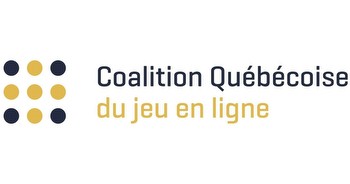
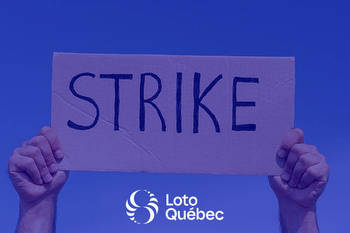











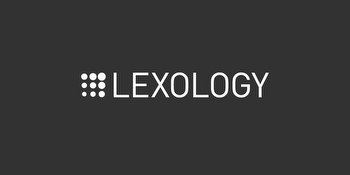

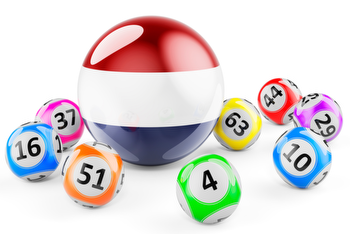



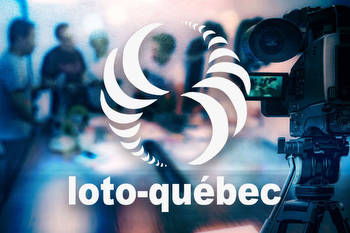





.jpg)



